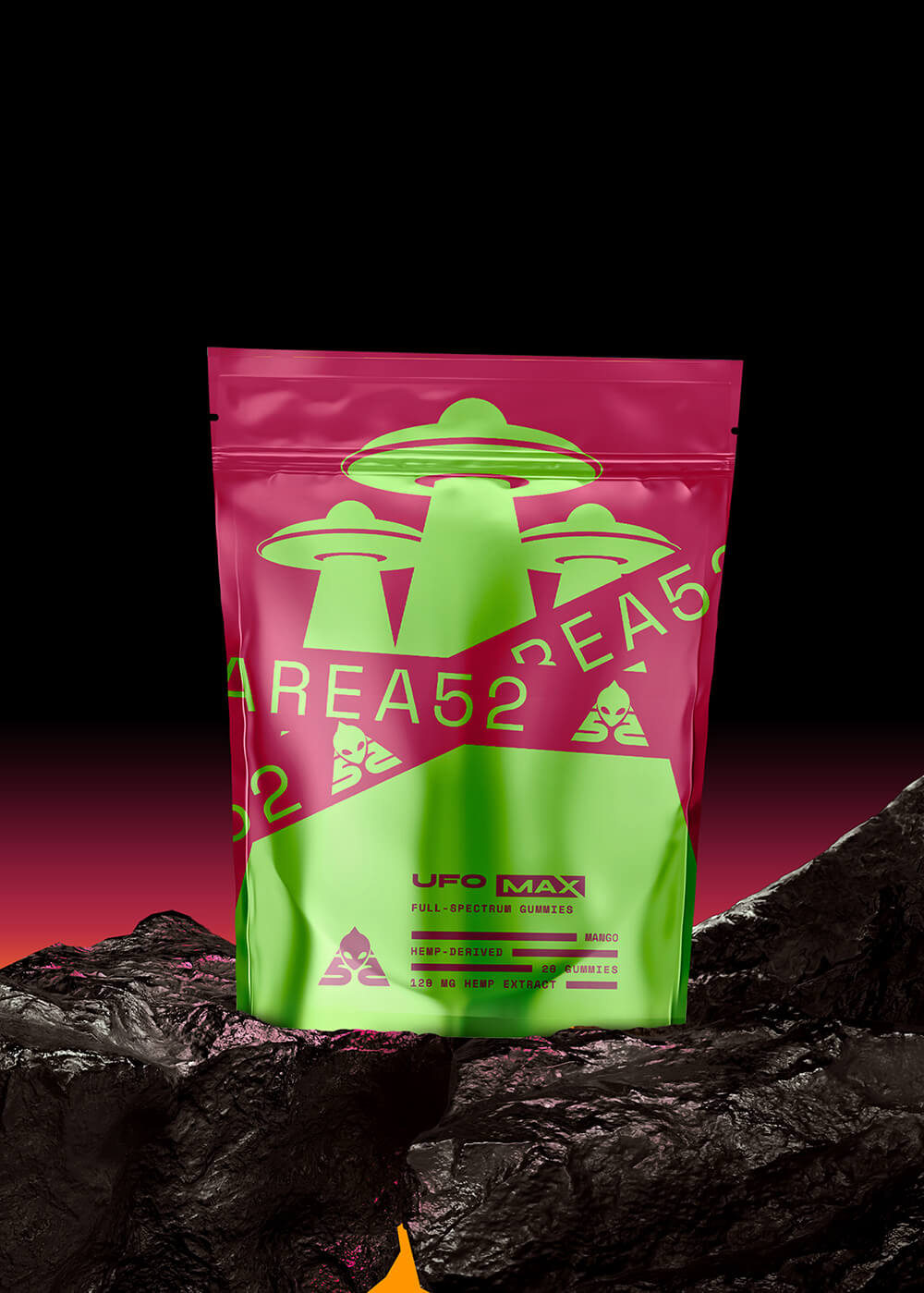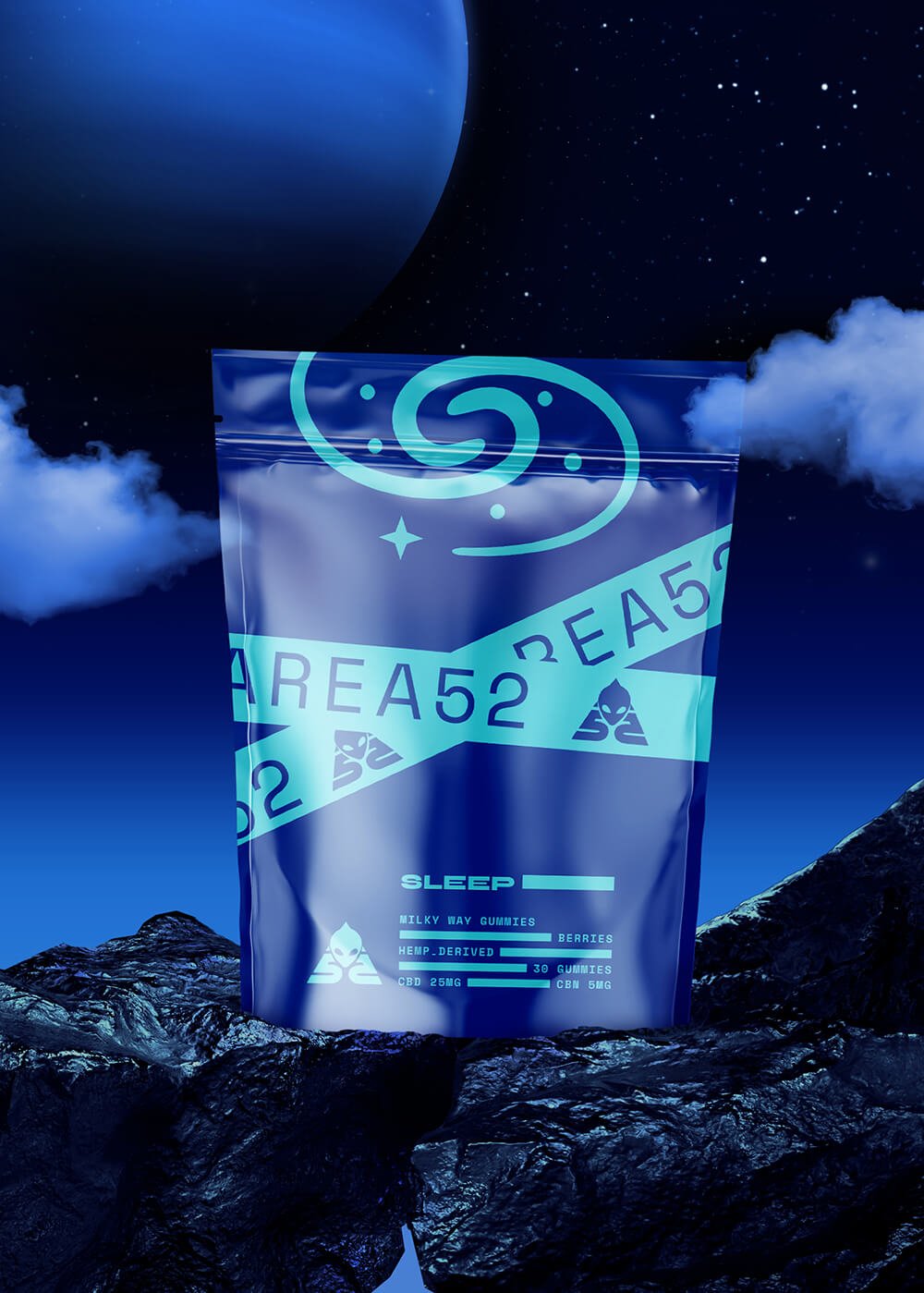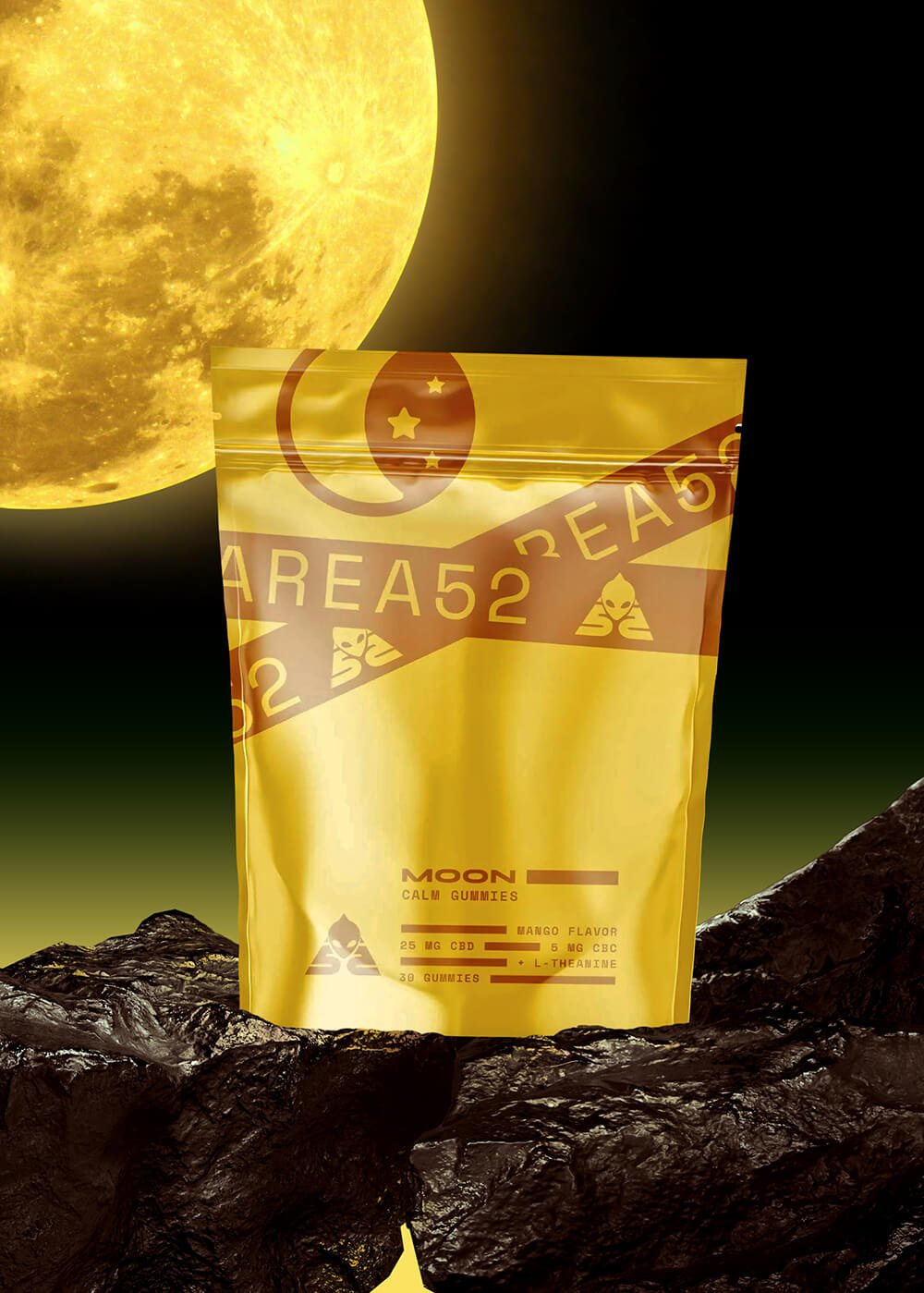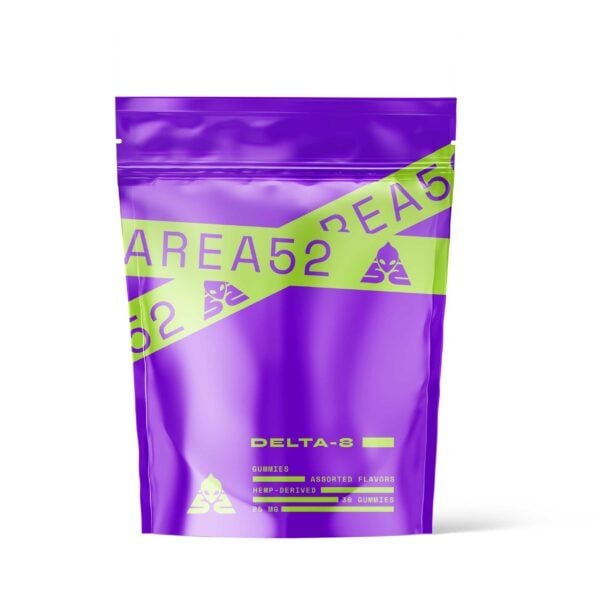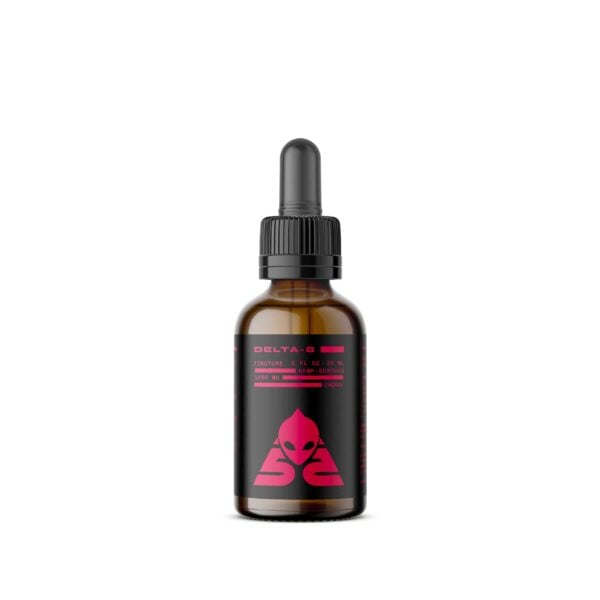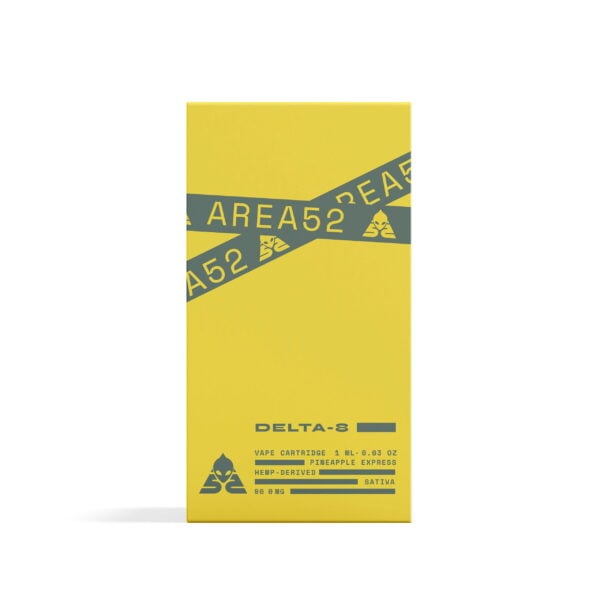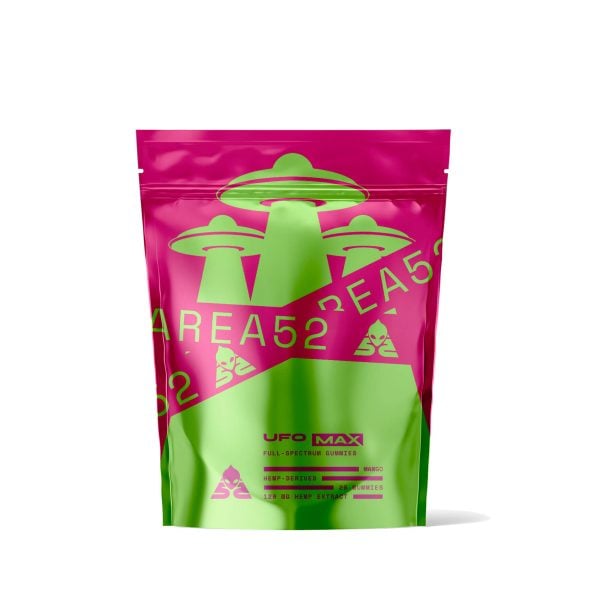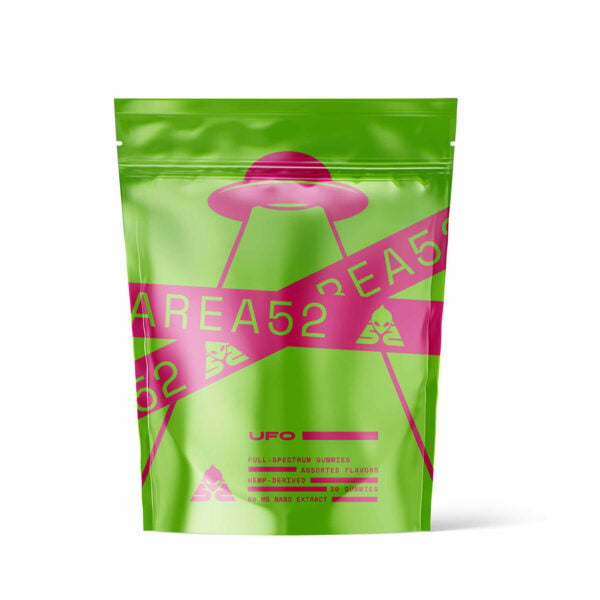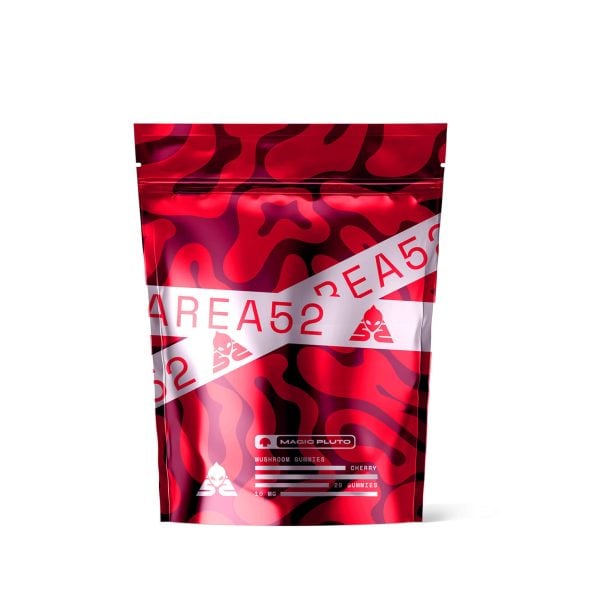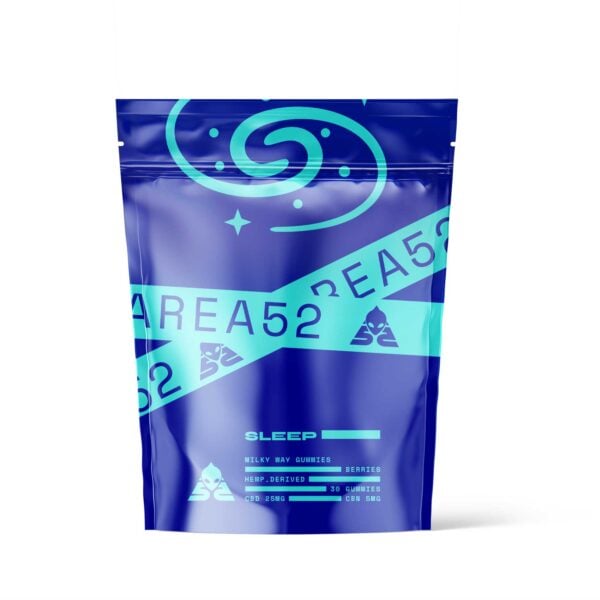Delta 8 THC in North Carolina: Is It Legal & Where to Buy in 2025?
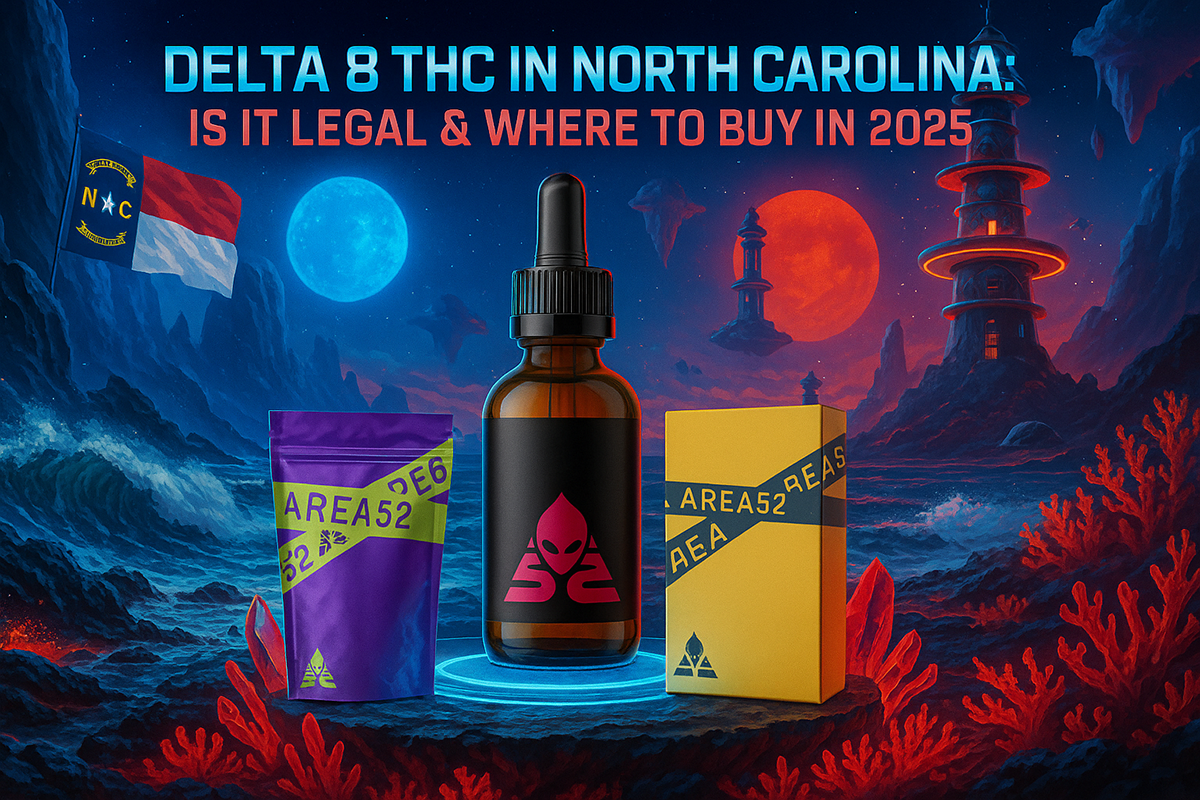
Delta 8 THC is legal in North Carolina.
Under both state and federal law, hemp derived cannabinoids like delta 8 THC can be produced, distributed, possessed, and consumed. However, there are a few restrictions in place that producers of hemp derived products, distributors, and consumers must abide by.
Delta 9 THC (the psychoactive cannabinoid in a cannabis plant) is currently banned under the state’s Controlled Substances Act, and users could face penalties for possession. However, it could become legal in the near future, thanks to a new bill.
This article will look into the laws and regulations surrounding delta 8 THC, hemp, and cannabis in North Carolina.
Read on to find out more.
Is Delta 8 Legal in North Carolina?
Yes, delta 8 THC is legal in the state of North Carolina.
Federally, delta 8 THC is in a legal gray area. Although the 2018 Farm Bill doesn’t state the cannabinoid by name, it isn’t listed as one of the controlled substances. This means it’s currently legal to produce, sell, and possess countrywide.
The amended Farm Bill (2018) changed the hemp industry massively and legalized hemp. The hemp laws allowed farmers to produce and distribute hemp-derived products for consumption in the United States. This makes CBD, CBG, delta 8, and most other cannabinoids legal under federal law. This also includes hemp derived THC as long as its level doesn’t exceed 0.3% of the product’s dry weight.
Some states restrict the sale and possession of hemp derived consumable products with delta 8 THC by passing Senate and House bills even though it’s legal federally. North Carolina isn’t one of these states and follows federal law regarding delta 8 THC and other hemp-derived cannabinoids.
Although the industrial hemp plant and other hemp derived products are legal in North Carolina, legal cannabis is available in the state for medical use, but recreational use is still illegal.
Where to Buy Delta 8 THC in North Carolina
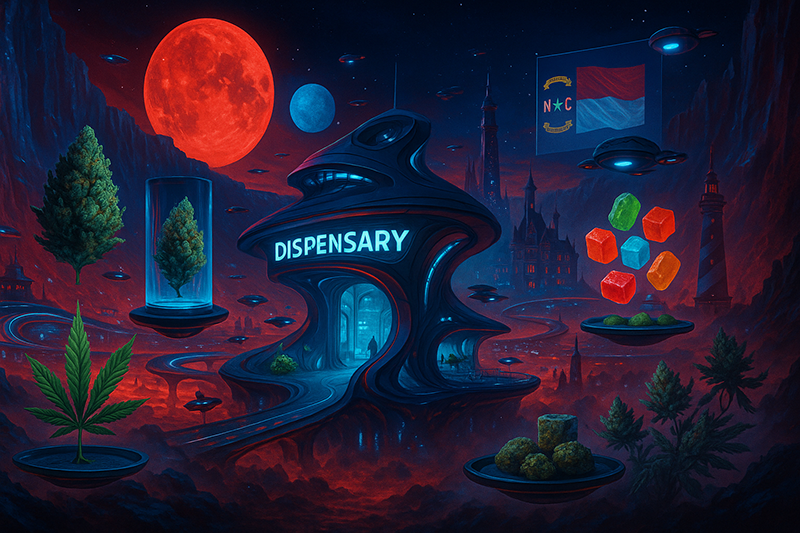
Similar to hemp derived CBD, delta 8 THC can be sold and purchased freely in the state as it isn’t listed under the North Carolina Controlled Substances Act.
You’ll find hemp products with delta 8 THC for sale in selected stores and dispensaries as well as online.
The best place to purchase delta 8 THC is over the internet. However, you do need to be vigilant and do your research before ordering.
The benefits of ordering delta 8 THC online:
- Online shops have better pricing and seasonal discounts
- When you buy online you can read customer reviews & third-party tests before you buy
- Ordering online is easier and more convenient
- Online shops have a greater selection of products
- Products left on store shelves degrade more quickly
Any reputable company should display third-party lab results for all of their delta 8 THC products. These results should show the percentage of delta 8 THC and any other cannabinoids present.
Third-party lab results should also show residual chemical levels, any present pesticides, or other contaminants in the extract.
It’s important to look at lab results thoroughly before purchasing a delta 8 THC. This will confirm or debunk the company’s claims and ensure you get exactly what you’re paying for.
If a company doesn’t openly display third-party lab results and won’t show you them upon request, you shouldn’t purchase any of their products.
Companies pop up all the time that sell fake delta 8 THC, making sure the company you choose is well established and openly displays testing data.
Shop For the Best Delta 8 THC Products in North Carolina
Do I Need A Medical Card in North Carolina To Order Delta 8 THC?
No, you don’t need a medical card to purchase delta 8 THC in North Carolina.
Delta 8 THC is made from hemp plants and is treated the same as CBD and other hemp-derived extracts. The 2018 Farm Bill makes the cannabinoid federally legal, and North Carolina follows the same guidelines.
It’s legal to purchase delta 8 THC without a medical card online without any restrictions. Although there are no federal laws that restrict the sale of delta 8 THC to people under 21 years of age, North Carolina mandates that consumers must be 21 years or older.
Most states across the United States have this same law, and any reputable company will ask for age verification before a purchase is made.
Delta 8 Vapes & The PACT Act
Delta 8 products aren’t restricted under federal law. However, some state restrictions prohibit the sale of the cannabinoid to minors, as we mentioned earlier. As well as this, some federal laws restrict the sale of inhalable products to minors.
The PACT (Prevent All Cigarette Trafficking) act came in during March 2021. This act makes it illegal to sell any vape products without first asking for identification for age verification.
Any vendor that doesn’t ask for age verification if they believe a customer is under 21 is committing a federal crime. Likewise, websites that don’t ask for age verification before a purchase is made are operating illegally and are likely extremely untrustworthy.
If you are ordering delta 8 THC vape products online and do not get asked for age verification, you should not go through with the sale. Any company that doesn’t follow federal law is probably cutting corners in other areas of their business.
It’s likely that a company that doesn’t follow federal and local legislation is distributing inferior delta 8 THC that lacks quality, doesn’t contain the stated levels of the cannabinoid, and isn’t safe to consume.
Make sure to avoid any company that doesn’t abide by the PACT act.
What’s The Difference Between Delta 8 THC & Delta 9 THC?
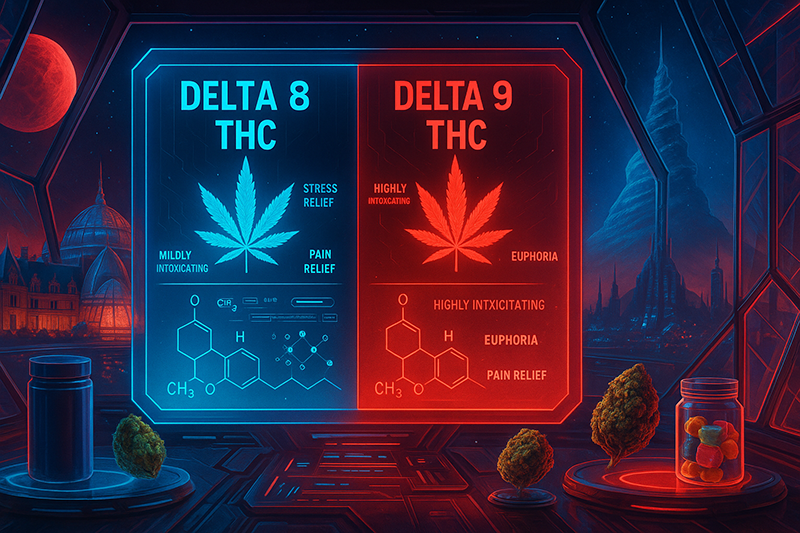
Delta 8 THC and delta 9 THC are extremely similar on a molecular level. The only thing that divides them is one double bond. Although we’re not going to bore you with the scientific mumbo-jumbo, we’ll give you the rundown on the differences between the two.
Both delta 8 and delta 9 are in the same family — tetrahydrocannabinol (THC). However, they differ on a molecular level which is what separates the two in effect and legality.
Delta 8 THC is extracted from hemp and is legal under federal law. Delta 9 THC is also found in hemp and is legal federally at percentages below 0.3%. Delta 9 THC from cannabis is illegal under federal law but legal in certain states.
Unfortunately, delta 9 THC is not yet legal or decriminalized in the state of North Carolina. However, as we’ve discussed, there’s a bill underway that could see the decriminalization of the banned cannabinoid.
Delta 8 THC does have psychoactive qualities similar to delta 9 THC. However, it’s not as potent as delta 9 THC. The cannabinoid doesn’t impair the user in the same way, isn’t as strong, and the effects don’t last as long.
Because delta 8 THC binds to the same receptors but is less potent, users can experience the relaxing benefits of THC without the risk of unwanted side effects such as paranoia or hyperstimulation.
What’s The Difference Between Hemp & Marijuana?
Hemp and marijuana are part of the same plant family — cannabis. Hemp is Cannabis sativa, and marijuana can be Cannabis sativa, Cannabis indica, or a hybrid of the two.
The main difference between the two is that hemp is legal federally, and marijuana is currently restricted under federal law. This difference is the THC content.
Legal hemp produces less than 0.3% THC and was originally bred for industrial purposes — fibers for textiles, rope, biodiesel, and paper mostly.
Marijuana contains more than 0.3% and is favored for its therapeutic effects for both medical and recreational use.
Hemp naturally contains more CBD than THC, and marijuana usually contains more THC than CBD. For this reason and the legalities, hemp is the favored plant for CBD and other beneficial cannabinoid extracts, including delta 8 THC.
How to Use Delta 8 THC
Delta 8 THC can be used in a variety of ways. It’s becoming more and more popular. As its popularity grows, so do the methods of consumption. You’ll find delta 8 THC extract in several forms.
Currently, the most common delta 8 THC products follow suit with CBD products. These consumption formats include:
- Edibles
- Tinctures
- Vape liquids
- Concentrates
- Topicals
Because delta 8 THC is less potent than delta 9 THC, you’ll need to take a higher dose to get the same effect.
High-potency delta 8 THC in extremely bioavailable forms is the most effective way to consume it if you’re looking for the most “bang for your buck.”
Delta 8 THC Vapes
Vaping delta 8 THC is one of the most popular ways to consume it. A mixture of vegetable glycerin and propylene glycol is combined with delta 8 THC extract to create a vapable liquid. When this formula is heated and inhaled, it becomes extremely bioavailable.
When delta 8 THC enters the lungs, it’s absorbed through the alveoli. As a result, it’s absorbed extremely quickly, and the effects are noticeable almost instantly. This fast-acting effect is short-lived, though, with effects lasting for 1 – 2 hours before dissipating.
Vaping is great if you’re looking for fast and effective relief. However, it’s not recommended for people with respiratory conditions.
Delta 8 THC Tinctures
Delta 8 THC tinctures are also popular. In terms of bioavailability, it sits next to vaping. Tinctures are used via a dropper. The liquid is dropped under the tongue, where it’s sublingually absorbed.
Tinctures give you excellent flexibility with dosages because the dose can be adjusted depending on how much of the tincture is applied under the tongue. However, the effects take a little longer to take effect and last longer than vapable delta 8 THC.
Delta 8 THC Gummies & Edibles
Edibles are also an extremely popular form of delta 8 THC. Edibles such as gummies provide a tasty way to consume the cannabinoid accurately and easily. These are great if you’re not a fan of how tinctures taste and don’t want to use vapes.
Is Marijuana (Delta 9 THC) Legal In North Carolina?
Marijuana is illegal in North Carolina, as are all delta 9 THC products derived from the plant.
However, recently North Carolina regulators have moved to decriminalize small amounts of the plant in order to avoid jailing uses with less than one and a half ounces (deemed “personal use”). Selling marijuana still brings hefty fines and potential jail time.
Related: Where is marijuana legal in the United States?
Is Delta 10 THC Legal in North Carolina?
Delta 10 THC is also legal in North Carolina. Delta 10 THC extracted from hemp is legal under the Farm Bill federally, and NC doesn’t have any specific laws that segregate it from other cannabinoid extracts.
What’s The Future of Delta 8 THC in North Carolina?
Delta 8 THC is currently unrestricted in North Carolina. The future of the cannabinoid is bright in the state, and there’s no talk of implementing restrictions any time soon.
The state follows the federal guidelines, so CBD, delta 8 THC, and other hemp-derived cannabinoids are free to trade, possess, and consume without restriction.
The only restriction in place is the purchase and consumption of delta 8 THC by minors. Companies must verify the age of their customers before a sale is made, and it’s illegal under state law to purchase the cannabinoid if you’re under 21.
Although delta 9 THC is still banned in the state, cannabis for medical and recreational use may soon become legal. The HB 617 Bill is currently being assessed. If the bill is passed, North Carolina will soon become a “green state.”
FAQs: Is Delta 8 legal in North Carolina?
Want to know more about what’s considered legal or not in NC? Then read more about the legal status of cannabis products and other hemp products.
1. Is Delta-8 Federally Legal in the USA in 2025?
Yes, hemp derivatives including CBD and delta 8 are technically legal on a federal level as long as the THC level doesn’t go over 0.3% on a dry weight basis.
These cannabinoids aren’t listed under the Controlled Substances Act.
2. Is Delta 8 Still Legal in North Carolina?
Yes, delta 8 THC is still legal in North Carolina, according to current hemp state law. You can buy, possess, and consume delta 8 in the state without fear of penalties or prosecution.
3. Is Delta 9 Legal in NC?
No. Delta 9 THC, even if it’s derived from hemp, remains illegal in North Carolina and is listed under the state’s Controlled Substances Act.
4. Are CBD Gummies Legal in North Carolina?
Yes, as long as it’s derived from hemp with less than 0.3% THC. There are currently no laws that prohibit the sale and consumption of hemp-derived CBD products.
5. Is It Legal to Fly with Delta-8 in the US?
Traveling, flying, and crossing state borders with delta 8 products sourced from hemp should be fine, as long as the product is compliant with the 2018 Farm Bill, you’re going to another state where it’s legal, and it’s kept in its original packaging.
But because some products look too similar to marijuana products (flowers, vapes, or pre-rolls), it’s recommended to leave your delta 8 products at home and just buy new stocks when you arrive at your destination.
Again, always check state laws to avoid problems.
